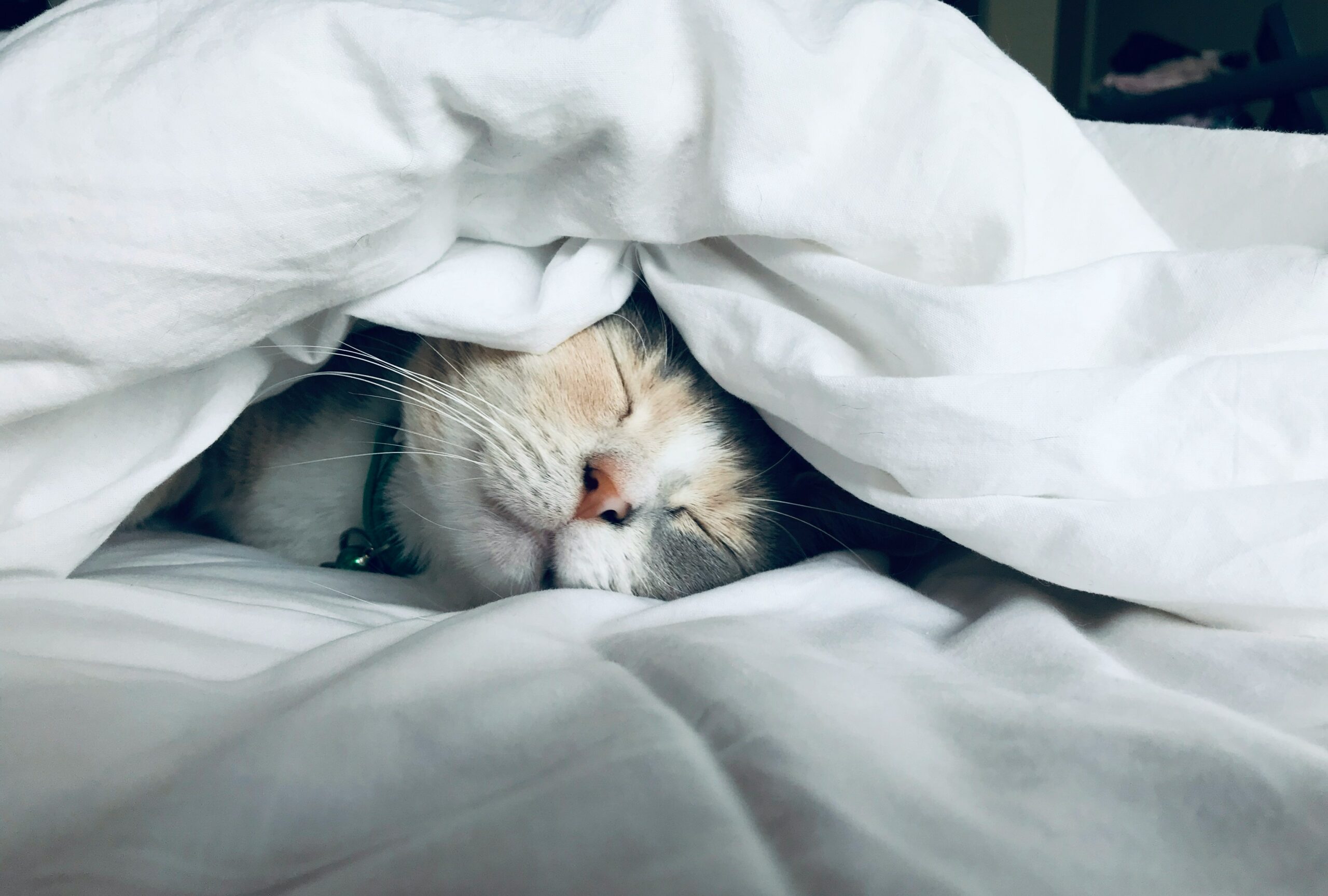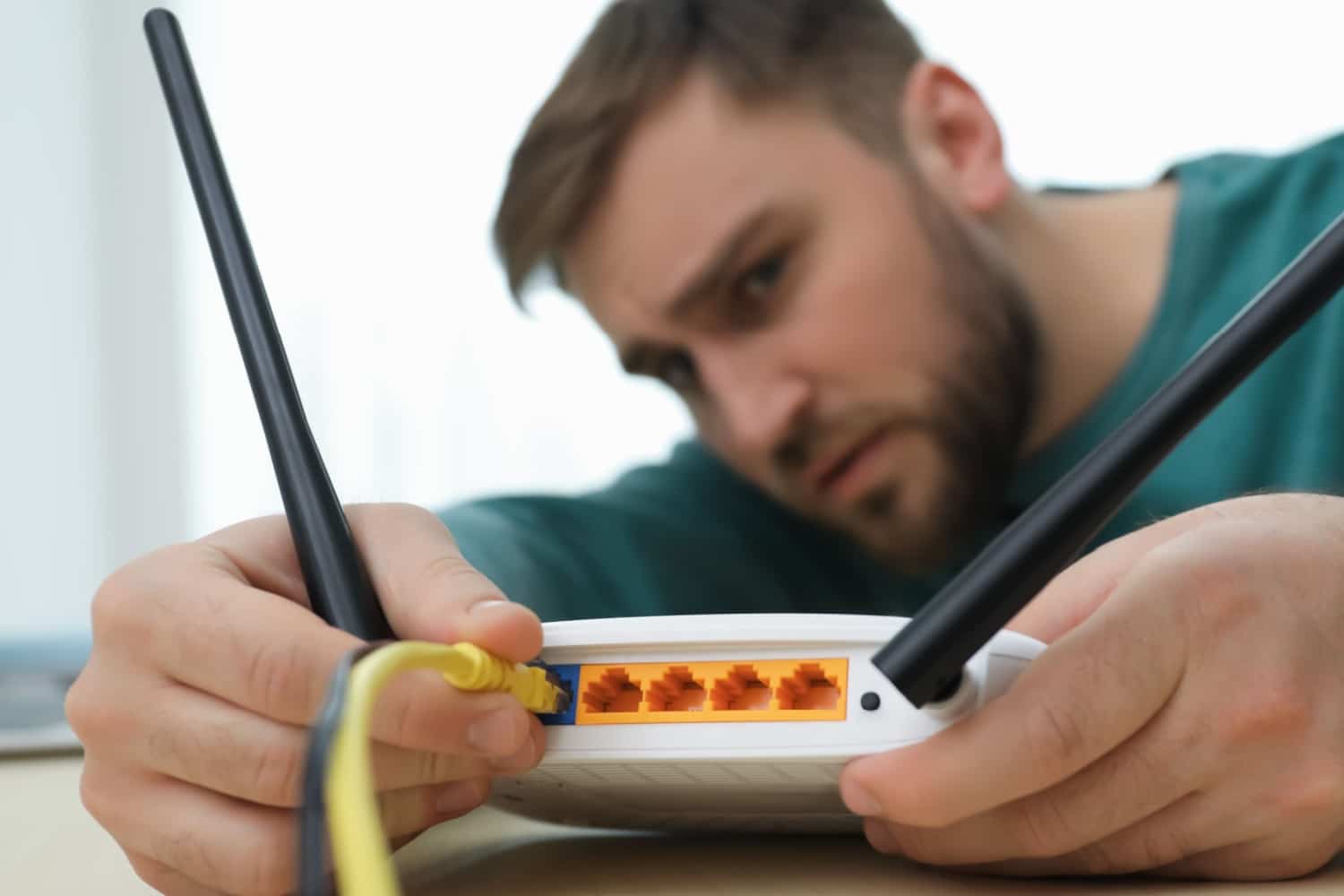Table of Contents
- 1 Track your sleep with a smartwatch
- 2 An important factor: the time it takes to fall asleep
- 3 Do teenagers sleep too little?
- 4 Tips for better sleep
- 5 How has Alex’s personal sleep tracking experiment using technology influenced his understanding of sleep, and what specific insights did it reveal about his own sleep patterns?
Sleep can now be easily tracked. In a self-experiment, MADS author Alex tested how his own assessment and tracking differ from each other. Sleep expert Christine Dreyer also gives tips that can help young people in particular improve their sleep.
We spend around a third of our lives sleeping. Sleep influences our mood, energy and concentration, helps us recover physically and processes the experiences of the day. But how well do we really sleep – and what influences this nightly regeneration time? To find out, I used a smartwatch to record my sleep data for a week and at the same time documented my morning well-being. Sleep expert Christine Dreyer also gave me exciting tips on how to improve sleep.
To person: Christine Dreyer herself suffered from severe sleep disorders for 20 years. After some time, she trained as a sleep trainer and founded the Hanover Sleep School more than 18 years ago. Since then she has been helping people with her multi-stage sleep program to a better sleep.
Track your sleep with a smartwatch
In my experiment, I compared the sleep data from my smartwatch with my personal feelings. Each morning I rated how rested I felt on a scale of 1 (very bad) to 10 (very good). I was particularly interested in factors such as sleep duration, time to fall asleep and possible awake phases. The smartwatch provided data on my pulse, sleep quality (calm or restless), sleep duration and depth of sleep. What was particularly exciting for me was how well this data matched my gut feeling – and whether small adjustments could make improvements.
An important factor: the time it takes to fall asleep
A particularly exciting aspect for me was the time it took to fall asleep. According to Dreyer, it’s helpful to “shut down” two hours before sleep: no screens, no intense exercise, instead relaxing routines like reading or listening to calming music.
During my data collection, my smartwatch recorded sleep duration, time to fall asleep, sleep depth, periods of wakefulness, and heart rate. A clear pattern emerged: nights in which I was able to fall asleep easily and in which I was able to sleep sufficiently – at least eight to nine hours – and sleep peacefully and deeply, were subjectively rated by me as restful. What was particularly interesting was that my personal observations correspond to scientific findings: a stable resting heart rate and few interruptions during the night noticeably contributed to my recovery.
Do teenagers sleep too little?
Lack of sleep is a growing problem, especially among young people. The amount of time children and young people sleep is constantly decreasing worldwide. In Germany, more than 90 percent of twelve to 18-year-olds sleep less than the recommended 9.2 hours per night on school days, according to the German Medical Journal.
Tips for better sleep
Finally, Christine Dreyer gives a few tips that can help young people in particular to improve their sleep.
- Create routines: Fixed bedtimes help the body develop a stable rhythm.
- Digital Detox: Avoid screens two hours before bed to make it easier to fall asleep.
- Exercise during the day: Sport and fresh air promote good sleep – but not right before bed.
- Establish evening rituals: Reading, writing in a diary or meditating can help you switch off.
- Be careful with caffeine: Caffeine consumption should be reduced, especially in the afternoon and evening.
Von Alex Frieling
Also read:
How has Alex’s personal sleep tracking experiment using technology influenced his understanding of sleep, and what specific insights did it reveal about his own sleep patterns?
## World Today News: Sleep – More Than Just Shut-Eye
**Welcome back to World Today News! Today, we’re diving into the fascinating world of sleep with two amazing guests. First, we have Alex Frieling, the author behind this insightful article on tracking and improving sleep. And joining us to share her expert knowledge is Christine Dreyer, a sleep expert with over 18 years of experience helping people reclaim good sleep through her Hanover Sleep School.**
*Welcome to the show, Alex and Christine!*
**Section 1: Personal Sleep Journey & Technology**
**Host:** Alex, you embarked on a personal experiment using a smartwatch to track your sleep. What inspired you to do this, and what surprised you most about the results?
**Host:** Christine, how do you see the role of technology like smartwatches in understanding and improving sleep? Do you find it helpful, or are there potential downsides?
**Section 2: Teenagers and Sleep Deprivation**
**Host:** The article highlights the alarming trend of sleep deprivation amongst teenagers. Christine, what are some of the unique challenges teenagers face when it comes to sleep, and what advice would you give them to prioritize quality rest?
**Host:** Alex, your article mentions the importance of establishing routines for better sleep. How can parents and educators encourage healthy sleep habits in young people, especially in today’s digitally-saturated world?
**Section 3: Practical Tips for Better Sleep**
**Host:** Christine, you provided some excellent tips for improving sleep, such as creating bedtime routines and reducing screen time. Could you expand on some of these strategies and offer additional advice for people struggling with sleep issues?
**Host:** Alex, based on your personal experience, which of these tips have you found most effective in your own life?
**Section 4: The Bigger Picture – Sleep and Well-being**
**Host:** Christine, we often talk about sleep as simply getting enough rest. But what’s the deeper connection between sleep and overall well-being, both physical and mental?
**Host:** Alex, what message do you hope readers take away from your article?
**Final Thoughts**
**Host:** Thank you both for sharing your insights and expertise today. It’s clear that sleep is more than simply closing our eyes at night – it’s fundamental to our well-being.
**Host:** A big thank you to our viewers for tuning in. We encourage you to explore the resources mentioned in the article and prioritize getting quality sleep. Remember, a well-rested you is a healthier and happier you!


